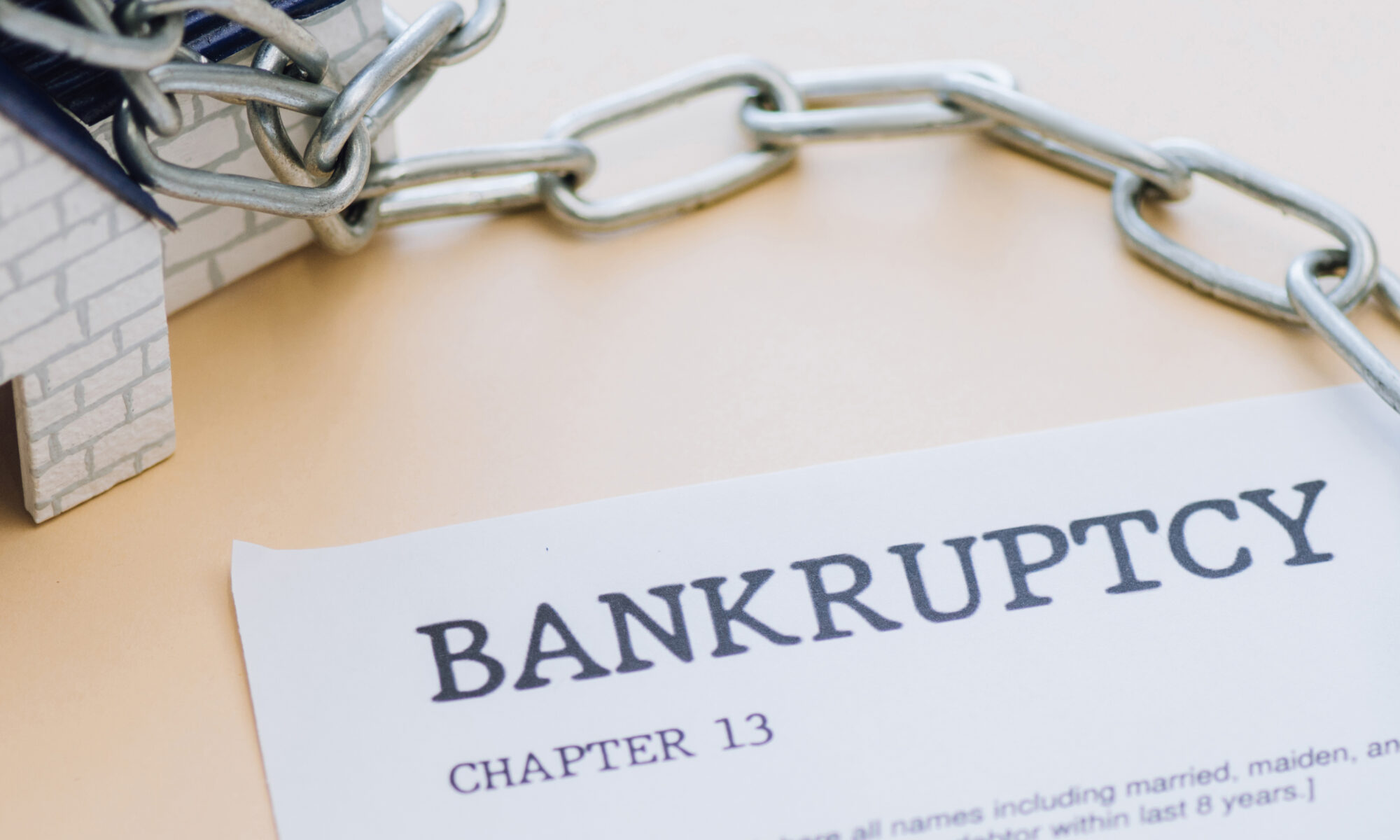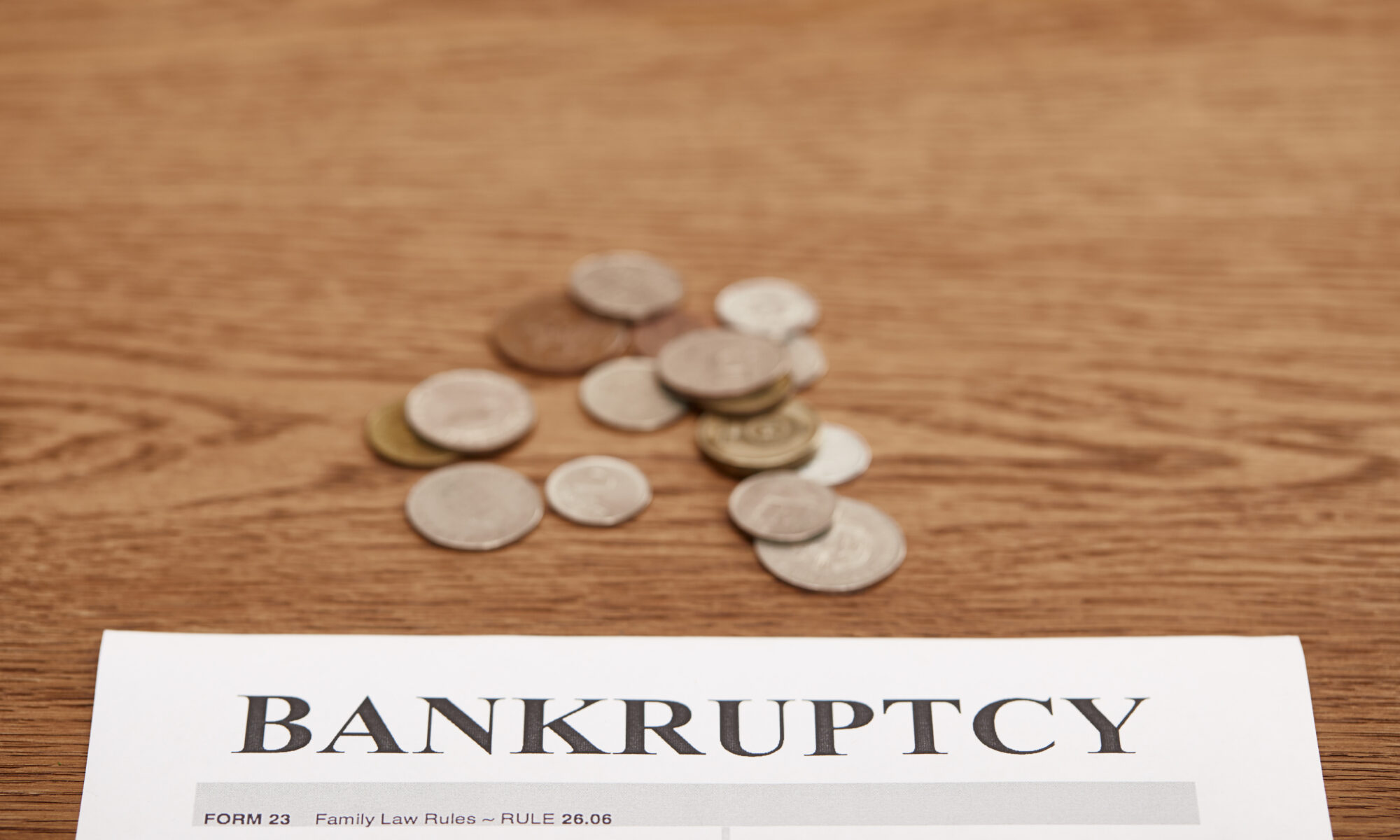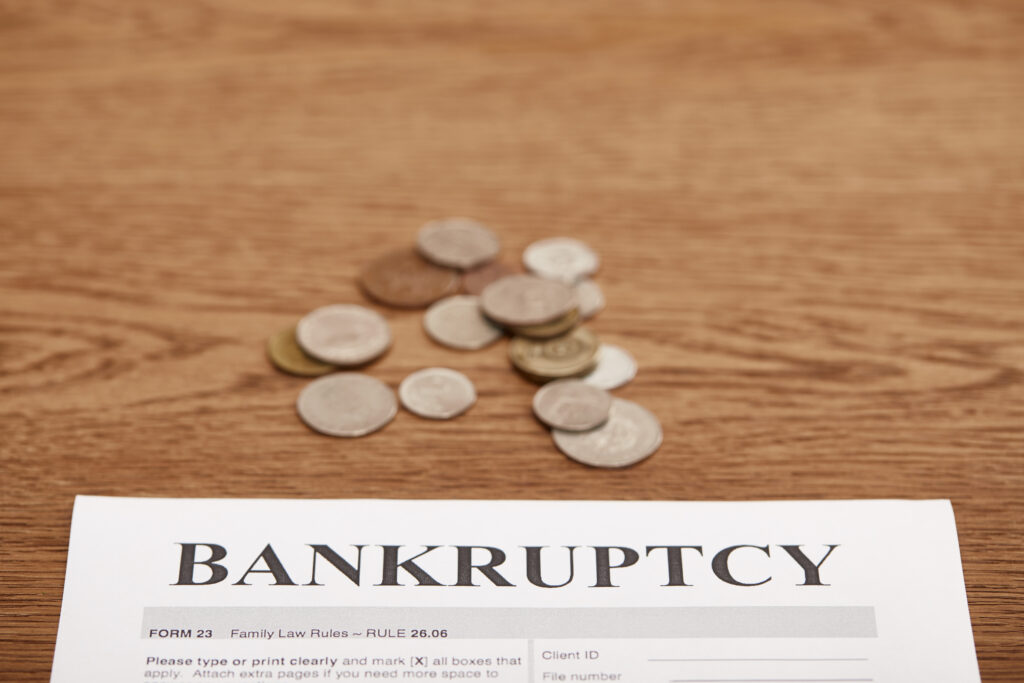
Navigating through financial trouble can be overwhelming, especially when facing the possibility of bankruptcy. One of the main concerns for many people is understanding the costs associated with filing for bankruptcy. While it’s easy to hope for a fixed figure, the truth is, the costs are variable. Let’s take a look at the factors influencing these costs and ways to manage them with the help of a bankruptcy attorney in Virginia.
Bankruptcy Costs are Variable
When considering bankruptcy, it’s essential to understand that costs aren’t set in stone. Multiple variables play a part. The complexity of the bankruptcy case is a considerable factor. A simple individual case without many assets or creditors is likely to be cheaper than a convoluted one with numerous assets, debts, or business-related concerns.
Your financial situation also determines the cost. If you’re entirely out of funds, certain fees might be waived or reduced, but this isn’t guaranteed for everyone.
Legal representation is another vital aspect. Hiring an attorney isn’t compulsory, but it’s highly recommended due to the intricacies involved in bankruptcy laws. Naturally, the choice of representation and their fees can cause the overall costs to fluctuate.
Court Filing Fees for Chapter 7 and Chapter 13 Bankruptcy
There are two primary types of personal bankruptcy in the U.S.: Chapter 7 and Chapter 13. Each comes with its own set of court filing fees. The filing fee for a Chapter 7 bankruptcy is $338, while Chapter 13 bankruptcy has a filing fee of $313. These amounts can change based on inflation and decisions by the U.S. Bankruptcy Court, so it’s always good practice to check the latest figures when considering filing.
Credit Counseling Course Fees
Before filing for bankruptcy, you’re generally required to attend a credit counseling course. This course educates individuals about the bankruptcy process, alternatives to bankruptcy, and how to manage money more effectively. The fees for these courses can range from $20 to $50, though sometimes they can be waived or reduced based on financial hardship.
Bankruptcy Attorney Fees and Why You Need Them
One of the most significant costs when filing for bankruptcy can be attorney fees. For Chapter 7 bankruptcy, attorney fees can range from $1,000 to $2,500, while for Chapter 13, they might be between $3,000 and $6,000. These prices can vary widely based on your location, the complexity of your case, and the specific attorney you choose.
While it’s possible to file “pro se” (without an attorney), navigating the maze of bankruptcy laws can be daunting. Mistakes can result in missed debt discharges or even the dismissal of your case. Attorneys provide expertise, reduce the risk of errors, and can offer peace of mind during a stressful period.
Payment Options for Attorney Fees
Many people wonder how they can afford attorney fees when they’re already in financial distress. Some attorneys offer payment plans, especially for Chapter 13 filings, where legal fees can be incorporated into the repayment plan. It’s always worth discussing payment options and strategies with potential attorneys during the consultation process.
Strategies for Managing Your Finances
It’s important to remember that bankruptcy is a tool to help reset and manage your finances. While the upfront costs can seem high, the long-term relief from debilitating debt can be invaluable. During and after the bankruptcy process, always prioritize creating a realistic budget, saving when possible, and educating yourself on financial literacy. Over time, these practices will contribute to a more secure and stable financial future.
Why a Chapter 13 Bankruptcy Attorney May be More Expensive
Chapter 13 bankruptcy is inherently more complex than Chapter 7, which naturally leads to increased attorney fees. While Chapter 7 is a straight liquidation bankruptcy where the debtor’s non-exempt assets are sold to repay creditors, Chapter 13 involves setting up a repayment plan to pay back debts over three to five years. Drafting and negotiating this plan requires a thorough understanding of the debtor’s financial situation, as well as careful navigation through legal regulations.
Chapter 13 cases also usually involve more court appearances, more documentation, and more back-and-forth negotiation with creditors. The attorney may also be involved for the duration of the repayment plan, ensuring everything goes smoothly over the years. This extended commitment and the additional work involved often translate to higher attorney fees.
The Benefits of Working with a Bankruptcy Attorney in Virginia
Virginia, like all states, has specific regulations and exemptions related to bankruptcy. Working with a local attorney can offer numerous benefits. First and foremost, an attorney from Virginia is well-versed in the state’s bankruptcy laws and can guide you through the state-specific nuances of the process. They’ll be aware of local court procedures and can ensure you utilize all available exemptions to protect your assets.
Local attorneys often have established relationships with court officials, trustees, and other lawyers, which can facilitate smoother interactions and negotiations. They’ll also be more attuned to local economic conditions and issues, which can be advantageous in understanding and presenting your case.
What to Look for When Searching for Bankruptcy Lawyers in VA
Experience
You’ll want an attorney with a solid track record in handling bankruptcy cases, especially the specific type of bankruptcy you’re considering (Chapter 7 or 13).
Local Reputation
Recommendations from past clients or other professionals can provide valuable insights into an attorney’s reputation and the quality of service they provide.
Transparent Communication
The right attorney should be someone you’re comfortable with, who answers your questions clearly and keeps you informed throughout the process.
Reasonable Fees
While it’s tempting to go for the cheapest option, it’s essential to balance cost with experience and service quality. Sometimes paying a little more can result in a better outcome.
Request a Consultation with The Law Offices of Robert S. Brandt to Speak with a Bankruptcy Attorney in Virginia About Your Case
If you’re facing financial difficulties and are considering bankruptcy, now is the time to get expert advice. The Law Offices of Robert S. Brandt, with years of experience in Virginia bankruptcy laws, offers consultations for individuals like you. Our team is committed to providing clear guidance and expertise to help you navigate this challenging time. Contact me today to request a consultation and get the support and advice you need from a bankruptcy attorney in Virginia.









